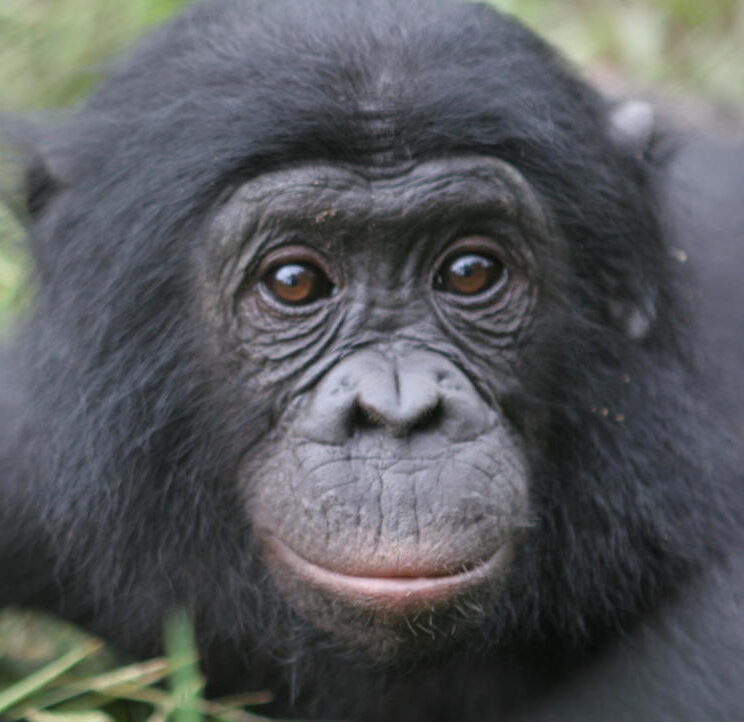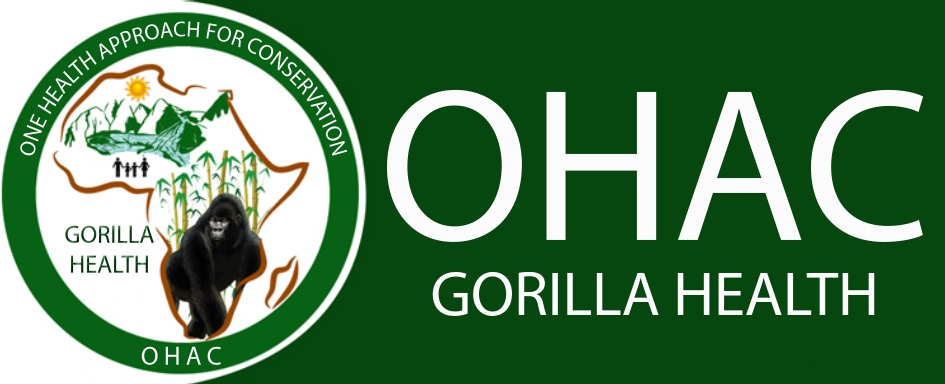Protected areas with targeted wildlife conservation efforts.
The Virunga massif is divided in the Virunga National Park in DRC, the Volcanoes National park in Rwanda and the Mgahinga Gorilla National park in Uganda, rich in different animals and plants species including the famous mountain gorilla. For its protection, we reinforce the knowledge and receive the great support of park rangers. They are on the front line in the fight to protect wildlife. In their honor, on each 31st July, the OHAC/ Gorilla Health with the word celebrate the World Ranger Day. Opportunity to offer a chance in supporting their vital work, which ranges from environmental campaigning, species assessment to education. The day is also an opportunity to pay tribute to rangers who have lost their lives in the line of duty especially in DRC where more than 150 park ranger lost their life protecting wildlife animals
We train for years, rangers and future conservationists in the Volcanoes and the Nyungwe Nationals parks on wildlife disease surveillance, reporting and communication with veterinarians. Knowledge adds to their skills, preparing each of them for protecting all living species in their natural environment. With colleagues, we took care of great apes orphans before sending them to DRCongo sanctuaries. And the facilitation of his working on wildlife animals with the great support of experimented caregivers from the regions.
Unfortunately, DRC’ Virunga ranger faces different from unidentified and innumerable rebel groups including the famous Rwanda FDRL and local Mai Mai who change name and reason of creating insecurity and illegal activities reducing the government effort in the conservation. Those different armed groups in the center of Virunga have dramatically stepped up efforts to poach for ivory, and bushmeat, looting the local population and producing charcoal in the middle of this DRC world heritage site, cutting trees and invading wild animal’s territories.
We recently supported the FAO One Health training for East African Expert through the Virtual Learning Center (VCL). The training delivery approach will aim to break professional silos, providing interaction and collaboration opportunities between trainees from different regions and backgrounds (Human, Animal and Environment sectors).
Identified national parks and reserves earmarked for urgent assistance
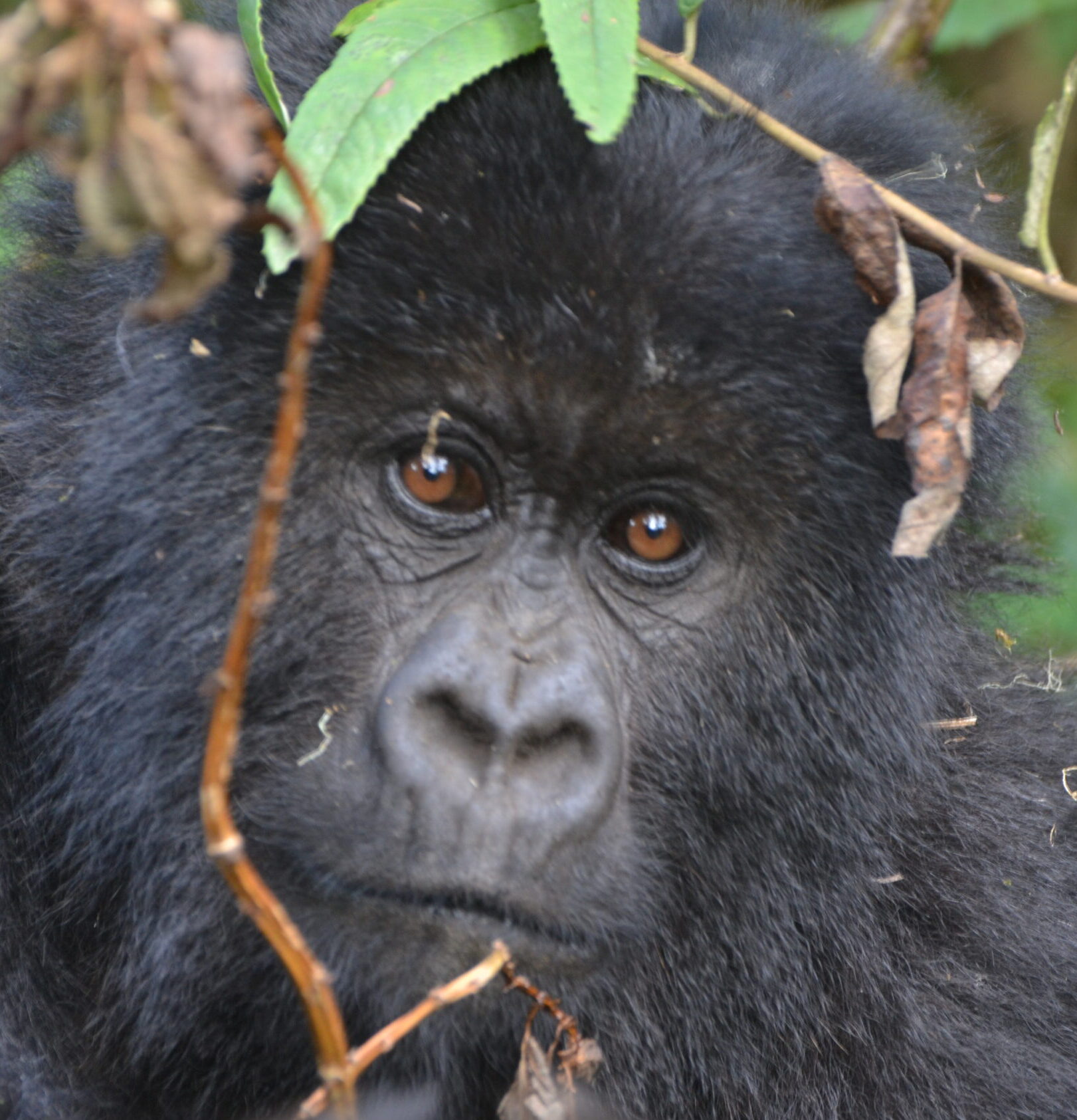
Virunga Massif (Mountain gorilla)
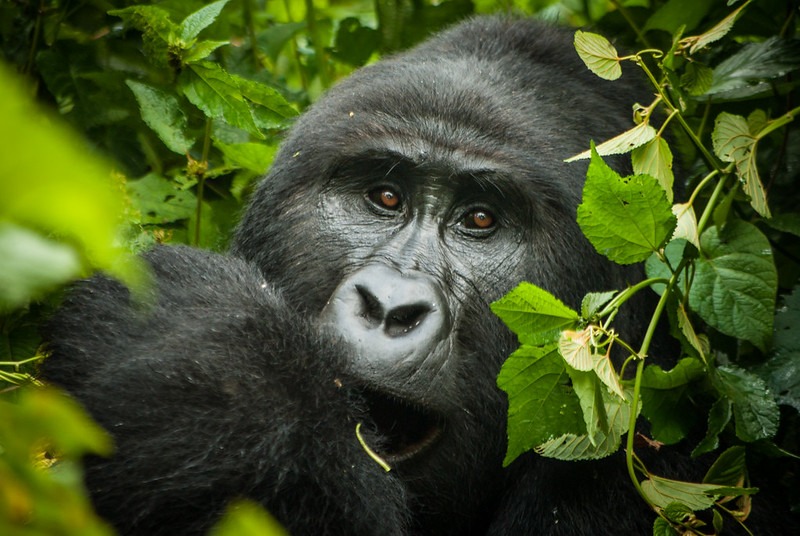
Bwindi Forest (Mountain gorilla)
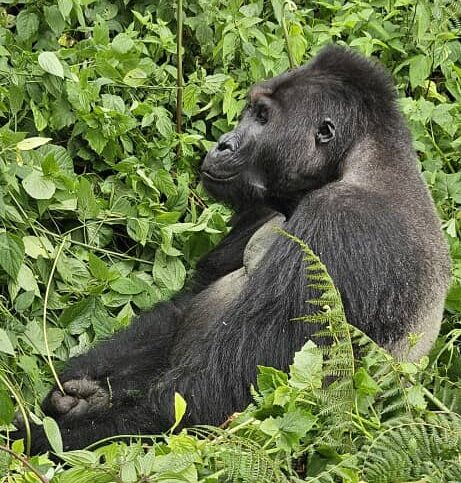
Kahuzi Biega (Lowland gorilla)
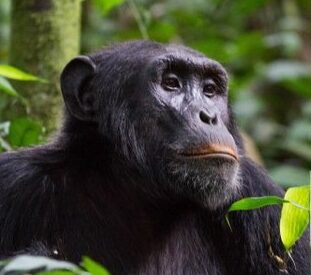
Nyungwe National Park
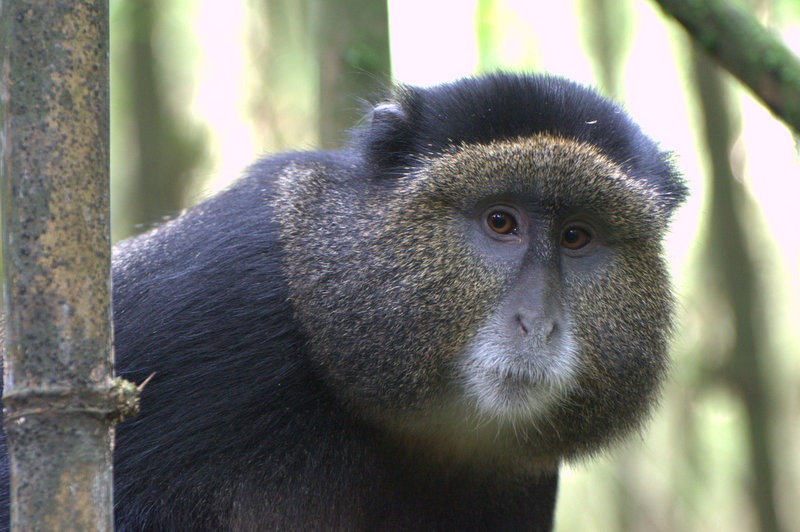
Gishwati Mukura National Park
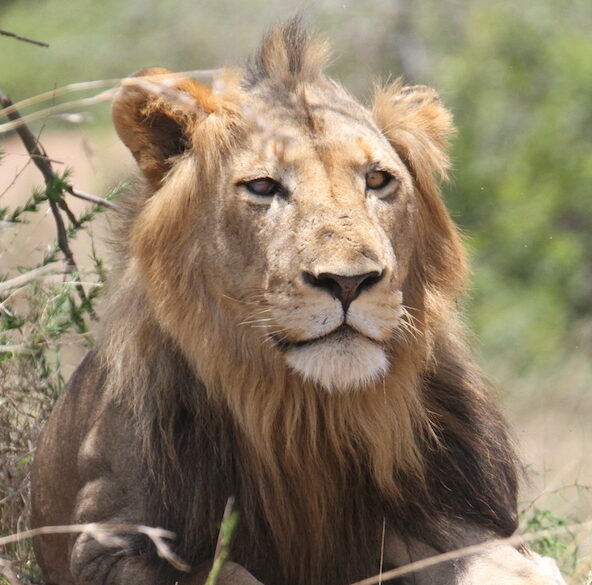
Akagera National Park
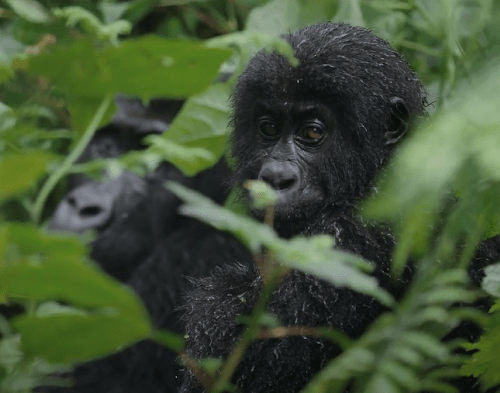
Salonga National Park
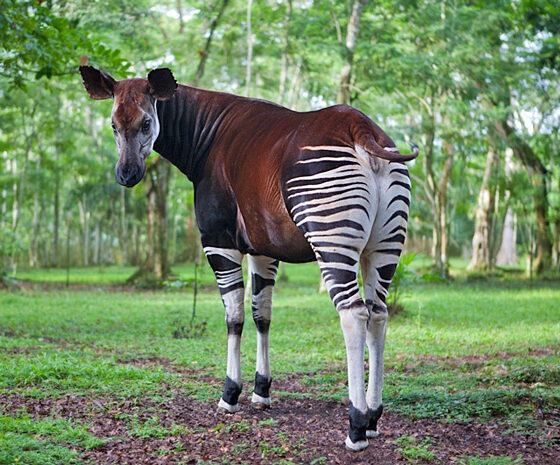
Maiko National Park
